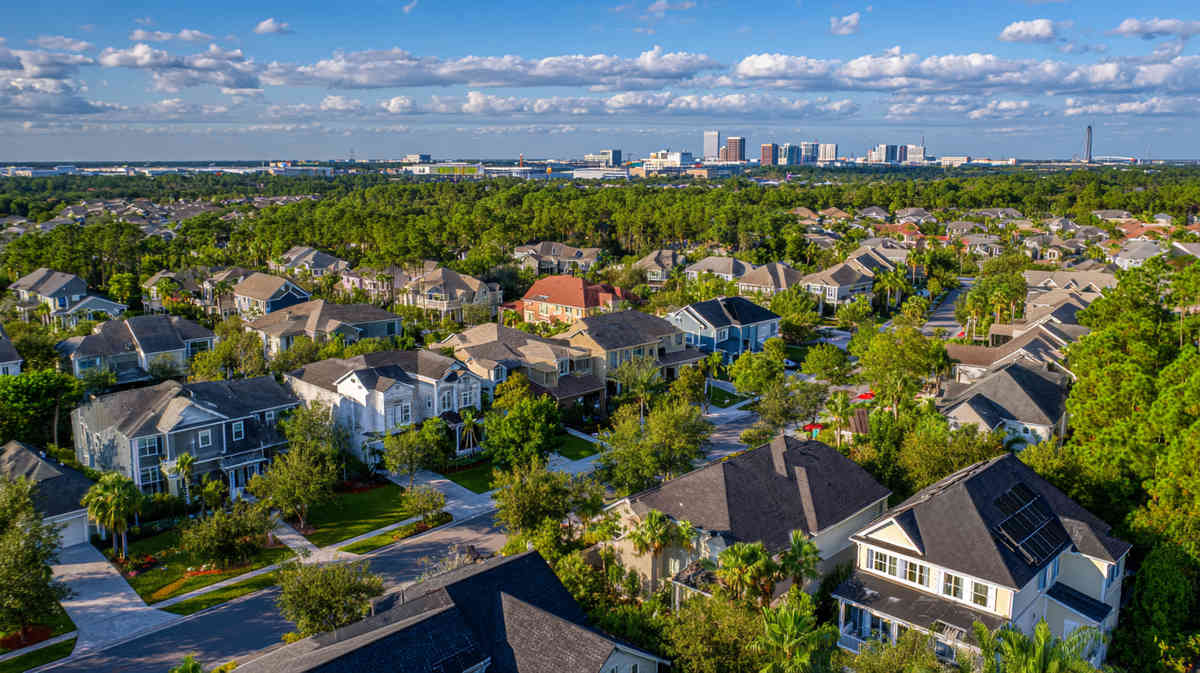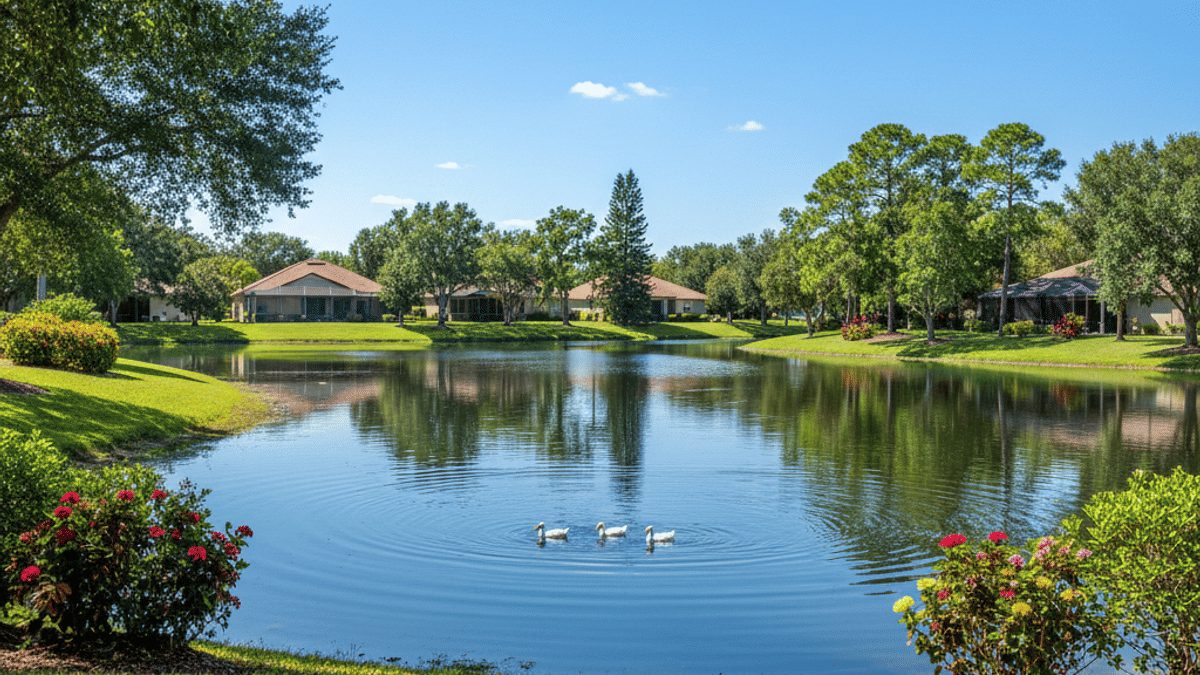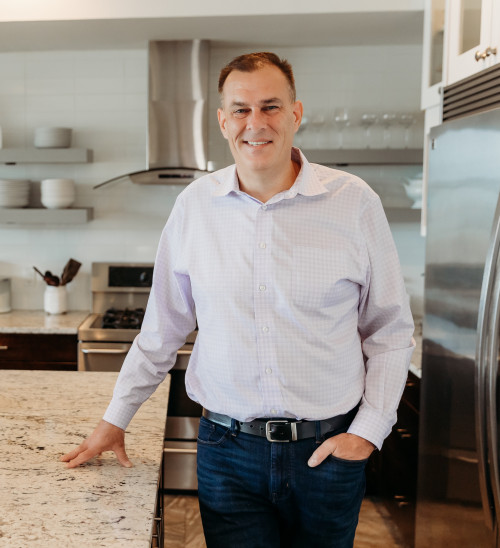You bought a place in the City Beautiful, the boxes are finally unpacked, and now your brain is already asking the next question: how long should you own a home before selling Orlando so the move actually pays off?
The short answer sounds simple. Most pros whisper “keep it at least five years.”
The real answer is messier. Orlando’s roller-coaster of tourism, tech hiring, and steady population growth does not always play by national rules. Let’s untangle the numbers, the market mood, and the very human curveballs that change the timeline.
Why Timing Really Matters
Sticking around long enough does three big things for you:
- It lets the mortgage do its quiet magic.
- It gives appreciation time to pile up.
- It spreads the sting of closing costs over more years.
Stay too short and you burn money. Stay the right stretch and you gain room to negotiate, upgrade, invest, or simply walk away with a fatter check.
The “five-year” idea
Nationwide math says your loan’s early payments are heavy on interest. By year five you have started eating into principal, which means equity builds faster from that point. Combine that with average appreciation, and you usually cross the break-even line somewhere in years four to six. Orlando follows this track, but with a twist.
Orlando’s turbo button
In many zip codes the price curve has outpaced the national chart since 2019. Some owners saw double-digit annual gains. That speed can shrink the break-even window to as little as three years. Sound amazing? It is, but only if the trend keeps rolling when you list. Market momentum can pause without warning, and if you sell right after a spike you may still get stuck with a tax bill or a thinner net because everybody rushed to do the same thing.
The dollars you often ignore
- Closing costs on the way in: title, appraisal, prepaid taxes.
- Closing costs on the way out: commissions, title insurance, doc stamps.
- Mortgage payoff surprises: a slight interest overlap can nibble an extra month of payments.
Layer all of that on a two-year hold and your profit evaporates. Spread it over five and the hit feels smaller.
What Orlando’s Market Has Been Up To
You cannot answer “how long should you own a home before selling Orlando” without poking at recent data. Let’s do the quick tour.
Prices and pace
According to the Orlando Regional Realtor Association, the median sale price jumped about 47 percent between January 2020 and January 2024. That is roughly nine percent a year. Hot pockets like Lake Nona and parts of Winter Park ran even hotter.
But price growth cooled to roughly three percent in the last six months. Higher mortgage rates slowed buyers, giving sellers fewer bidding wars. Translation: if you bought in 2021 and planned a quick flip, the window may have narrowed. Owners who got in during 2017 still hold plenty of cushion.
Inventory swings
The pandemic squeeze dropped inventory below one month at times. Right now, the supply hovers near three months. That is still a seller-leaning market, yet not the frenzy of 2021. A balanced market sits near six months, so we are halfway back to normal. If supply keeps building, waiting an extra year could cost you leverage on price and inspection repairs.
Seasonality still counts
Tourist season influences home traffic. Spring usually brings the biggest pool of relocating buyers—a mix of new hires and families plotting a summer move. Late fall through early January slows down. If you hit the market in December, expect fewer tours and possibly softer offers. Wait until March, and you may shave days on market by half.
Macro signals
Watch these local markers:
- Job announcements from theme parks, healthcare giants, and defense contractors
- Mortgage rate trends: each half-point swings affordability by about five percent
- State population stats: Florida still adds over 900 people a day, many landing along the I-4 corridor
Strong hiring plus low rates can pull your sell date forward. Rising rates plus hiring freezes say pump the brakes.
Money Stuff You Cannot Ignore
Homeownership is an emotional journey, sure. Still, the spreadsheet wins the argument in the end. Let’s run through the key lines.
Equity versus transaction cost
Picture a $400,000 purchase with ten percent down. Upfront closing costs near three percent equals $12,000. Commission and exit fees at sale hover near eight percent of the future price. You will not feel that eight percent until you list, but it is real.
If your house drifts from 400k to 432k in two years, you gained 32k on paper. Subtract roughly 35k in combined entry and exit costs, and you are in the red. Stretch the hold to four years and the home hits around 470k at a steady four percent appreciation. Now you have roughly 70k in gain, more than enough to handle fees and still walk away up.
Mortgage amortization tipping point
Pull up an amortization chart and scroll to payment 60. Notice how the interest chunk finally dips below the principal chunk. Sell before that and much of what you pay each month never touches your loan balance. You are funding the bank, not yourself.
Capital gains tax break
The IRS offers a sweet carrot: live in the house at least two of the past five years and you may exclude up to 250k in gains if single, 500k if married. Sell at month eighteen and you surrender that break. In Orlando’s fast-climbing neighborhoods that could mean writing a five-figure check to the government. Ouch.
Homestead exemption and taxes
Florida’s homestead exemption saves you roughly 750 dollars a year on property taxes for a primary residence. Even better, the Save Our Homes cap limits assessed value hikes to three percent yearly. Move too soon and you hand those savings back, then start from zero on the next purchase.
Renovations and payback time
A new roof in Florida costs around 15k. A kitchen remodel can hit 25k. Upgrades boost value, but buyers rarely pay dollar-for-dollar. Most projects need three to five years to show a full return. List right after that shiny backsplash is installed and you probably funded the next owner’s enjoyment more than your own profit.
Life Happens – And That Affects Your Timeline
Money may call the plays, yet life events often intercept the ball. Here is how personal shifts rewrite the calendar.
Growing households
New baby on the way? Visiting relatives every other month? Square footage starts to feel smaller. If you need a bigger home, equity matters less than sanity. Still, run the numbers before racing to the open house. Sometimes finishing the garage or adding a patio buys a couple more years and more profit.
Career moves
Orlando’s job market can spin you onto a new path fast. Promotion across town may add a brutal commute. Offer in another state might pop up overnight. Relocation packages occasionally cover your selling cost. If they do not, negotiate. Employers often have wiggle room on closing fees or mortgage buydowns for the next house.
Retirement dreams
Plenty of owners plan to downsize or chase cooler summers once the nine-to-five ends. Run a checkup two years before that date. That cushion lets you catch the best season, spruce up the property, and cross the two-year residency mark for the tax break if needed.
Simply craving a change
Sometimes the paint colors feel stale and the neighborhood parties lost their sparkle. Desire alone is valid. Just be honest about the cost. Would a backyard makeover scratch the itch cheaper than selling? If no, start timing the market windows we already mapped out.
Ready to Decide? Some Tools You Can Use
You are staring at three clocks: the mortgage clock, the market clock, and the personal clock. Here is how to read all three together.
Quick equity audit
- Check your current balance online.
- Pull a conservative market value from three recent comps, not a quirky website estimate.
- Subtract eight percent for selling costs.
- The remainder minus your loan payoff equals projected cash at closing.
Positive enough? Keep going. Negative or break-even? Sit tight unless life makes the call.
Breakeven calculator
Plenty of free calculators ask for purchase price, rate, yearly appreciation, and closing costs. Feed them real numbers, not hopes. If the breakeven date is still two years away, that is your baseline hold period unless a relocation package softens the blow.
Market pulse check
Call two local agents and ask these three questions:
- How many months of inventory sit in my price range today?
- How long did the last three homes like mine stay on market?
- What concessions are buyers demanding right now?
If inventory is rising and days on market stretch past 30, patience often pays off. Falling inventory and multiple-offer stories mean momentum is on your side right now.
Personal timeline worksheet
On one sheet write every major event you can see coming in the next five years: graduations, weddings, retirements, tuition spikes, elder care needs. Line that up against your mortgage amortization chart. The overlap zone where life needs cash and the loan begins chewing principal can signal the perfect exit year.
Time to Make a Move?
So, how long should you own a home before selling Orlando? The tidy rule stays close to five years, but Orlando’s fast growth can shorten that to three if appreciation remains strong and you cross the two-year capital gains mark.
Hold these guidelines close:
- Never list before living there two of the last five years unless an emergency trumps the tax break.
- Five years unlocks stronger equity, a friendlier amortization split, and enough time for renovations to pay back.
- Watch local inventory and rate changes every quarter once year three arrives.
- Treat major life events as equal partners in the decision, not afterthoughts.
If the math, the market, and your personal calendar line up, give the green light. If one lags, wait. Orlando’s sunshine will still be here next season, and odds are your equity will be a little brighter too.





